Roland Tseber, who has close ties with the president of the Tisza Party, threatened the Hungarian national security services in a recent interview with Atlatszo in Uzhhorod that lasted more than an hour. Hungarian secret services had previously identified Tseber as an illegal Ukrainian intelligence officer, and he was expelled from Hungary last fall. Mate Kocsis spoke about this, among other things, in mid-May after a meeting of the National Assembly's National Security Committee. The leader of Fidesz's parliamentary group also disclosed that the man was a Ukrainian-Hungarian citizen until 2017, when he renounced his Hungarian citizenship, presumably because of his political ambitions in Ukraine.
Tseber Issues New Threats
In the video interview published on Atlatszo, Tseber was asked whether the spy scandal and being identified as a Ukrainian intelligence officer had hindered his work. He responded that he didn’t feel any disadvantage in Ukraine, though it wasn’t an advantage to be labeled a spy either. Then he sent a message to Hungarian authorities:
„One day, I believe, they will be held legally accountable for this. One year, two years, ten years, it doesn’t matter how long…”
This was not the first time that Peter Magyar's friend made a threatening statement, which can only be interpreted as an attack. He likely took the exposure hard, as not long after news of his intelligence activities became public, he threatened the Hungarian prime minister. At the time, he posted the following on Facebook: “Fidesz, you are rats that have been cornered. And rightly so. The next move is mine. Viktor Orban.”
Beleszállt Attack Against Organization of Hungarians in Transcarpathia
Returning to the interview in question, Tseber not only threatened authorities in Hungary, but also targeted the organization representing Hungarians in Transcarpathia. He spoke about the Transcarpathian Hungarian Cultural Association (KMKSZ) as follows: “The Hungarian government has a satellite party—or I don’t even know what to call it—the KMKSZ. Obviously, they cooperate with Fidesz, etc.” He also stated that
the president of KMKSZ, Laszlo Brenzovics, has been living in Budapest for five years and, according to Tseber, “runs the Hungarian community in Transcarpathia via Skype.” The organization has received millions of euros in funding for various programs, but “I could tell you some interesting things about where the money is being spent.” In other words, he indirectly accused the KMKSZ leadership of abuse, without providing any specifics.
It is worth recalling that Peter Magyar recently made a similar claim during a press conference in Oradea, the center of the Partium region, Romania. He alleged that MEPs for the Democratic Alliance of Hungarians in Romania (RMDSZ) remain in the European People’s Party only to spy for Fidesz.



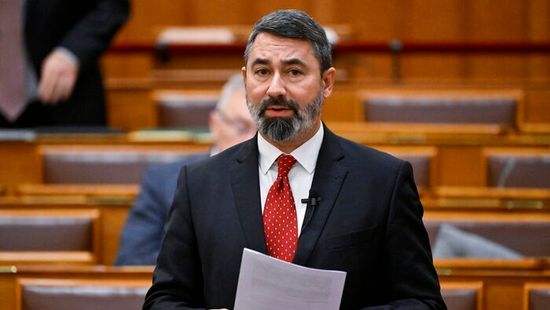
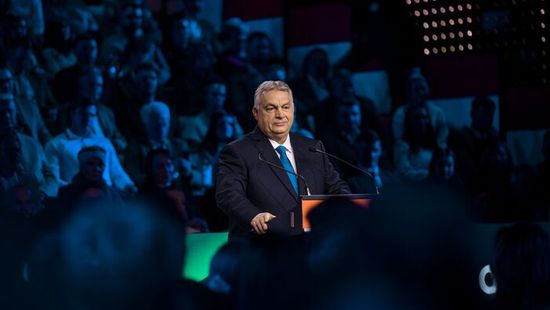



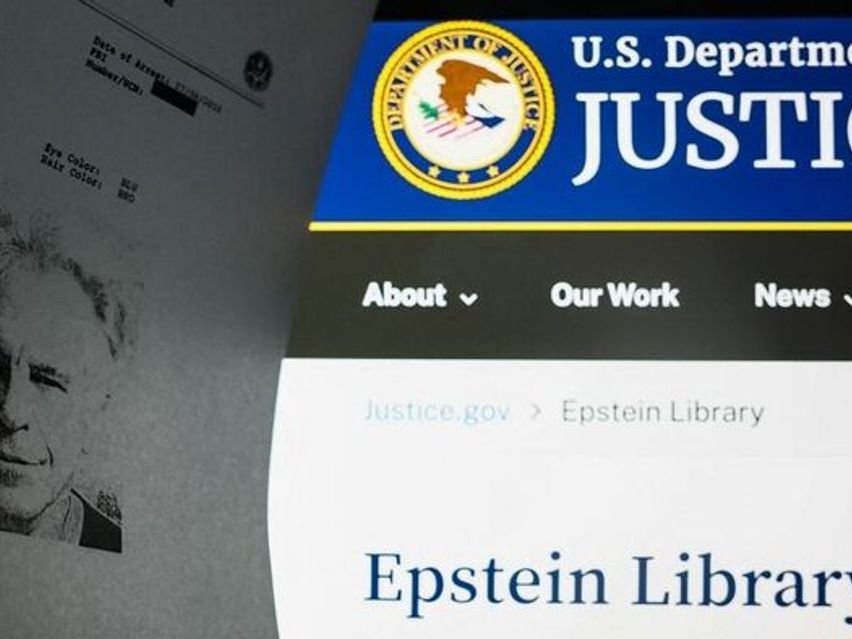







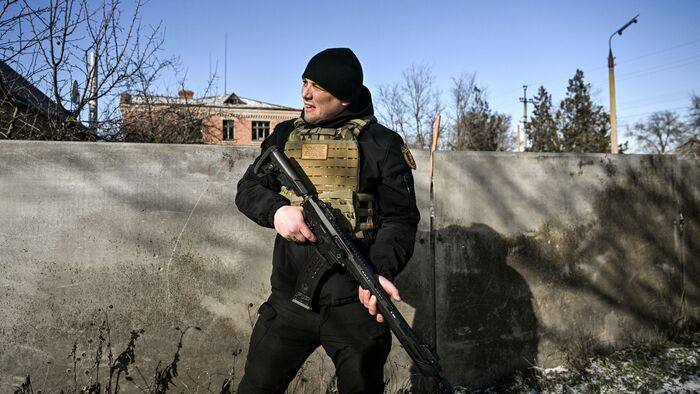
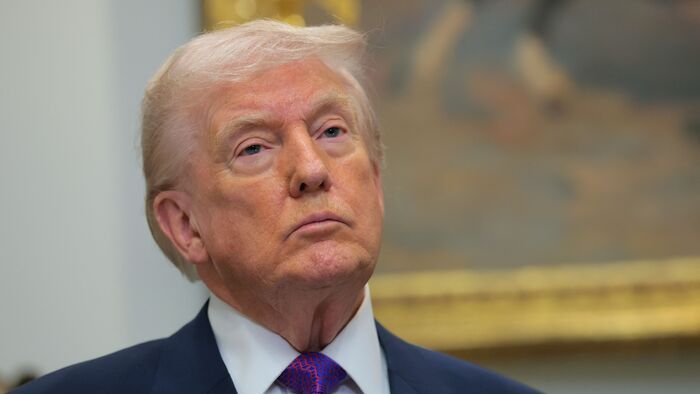





Szóljon hozzá!
Jelenleg csak a hozzászólások egy kis részét látja. Hozzászóláshoz és a további kommentek megtekintéséhez lépjen be, vagy regisztráljon!